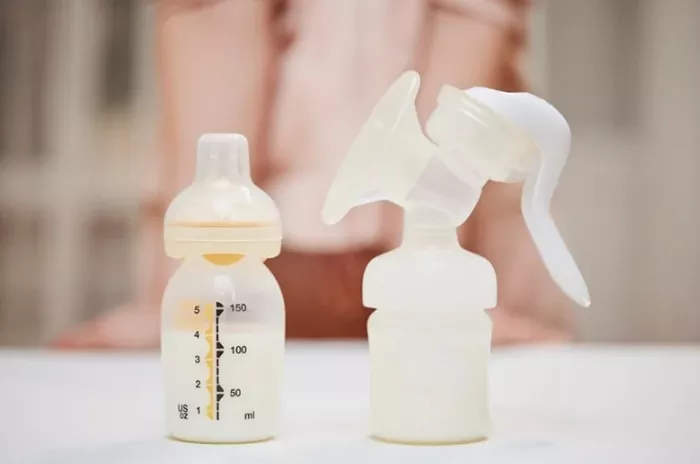Early Microbiota Establishment and Human Health
The human and animal gut hosts millions of microorganisms that influence health, immunity, and metabolic functions. Initial microbial colonization is crucial as it significantly impacts an individual’s lifelong health.
Babies born vaginally acquire maternal vaginal and fecal microbiota, primarily including Prevotella, Escherichia/Shigella, Lactobacillus, Bacteroides, Atopobium, and Bifidobacterium. In contrast, Cesarean-born babies are exposed to the mother’s skin and hospital microbiota, resulting in higher levels of Staphylococcus, Klebsiella, and Escherichia coli, and lower levels of Bacteroides and Bifidobacterium.
Breast milk is vital for optimal gut microbiota establishment. It contains oligosaccharides that promote beneficial bacteria like Lactobacillus, Bifidobacterium, and Bacteroides. The feeding mode is also crucial, as beneficial bacteria on the mother’s nipple are transferred during breastfeeding.
Challenges in Breastfeeding and the Role of Donated Human Milk (DHM)
Breastfeeding may be impossible for premature infants or due to early health issues. Although infant formula is often used, international guidelines recommend donated human milk (DHM) from milk banks.
Studies show that DHM does not fully match maternal milk in promoting infant growth and development. Differences in gut microbiota between DHM-fed and mother’s milk-fed infants may result from milk processing, including pasteurization.
Milk Donation Practices: Safety and Quality
Healthy women can donate milk, subject to serological testing, interviews, and hygiene training. The European Milk Bank Association (EMBA) excludes donors who smoke, use recreational drugs, have HIV, syphilis, or hepatitis B/C, use unapproved medications, have tattoos or piercings, or follow a vegan diet without B12 supplementation.
Donated milk is pasteurized to inactivate bacterial and viral agents while retaining key nutrients. However, pasteurization can reduce bioactive compounds like immune cells, hormones, and vitamins. Proteins and enzymes also lose activity due to heat treatment. Yet, human milk oligosaccharides (HMOs) remain intact.
Alternative techniques like high-temperature short-time pasteurization (HTST), ultraviolet-C irradiation (UV-C), high-pressure processing (HPP), and thermo-ultrasonication aim to minimize nutrient loss. HPP preserves exosomes and miRNA content, while UV-C retains bioactive components.
The EMBA considers holder pasteurization (HoP) the safest method despite eliminating beneficial bacteria. Technological improvements are needed to minimize nutrient degradation.
Health Outcomes in Breastfed vs. Formula-Fed Infants
Breastfed infants have more beneficial gut bacteria like Bifidobacterium compared to formula-fed infants. Breastfed babies show lower levels of Clostridium and higher levels of Veillonella, Bifidobacterium, and Propionibacterium, which produce anti-inflammatory short-chain fatty acids (SCFAs).
Breastfeeding shapes infant gut microbiota, reducing the risk of necrotizing enterocolitis (NEC), especially in premature infants. Human milk immunoglobulin A (IgA) prevents NEC in both full-term and preterm infants.
Breastfeeding also prevents childhood obesity and reduces the risk of atopic diseases like asthma in the first six months. It enhances neurocognitive development in preterm infants.
Conclusions
While DHM is the best alternative to mother’s milk when breastfeeding is not possible, it does not fully match the benefits of own-mother milk, especially in microbial composition. Further research is needed to understand the health effects of DHM on premature babies.


